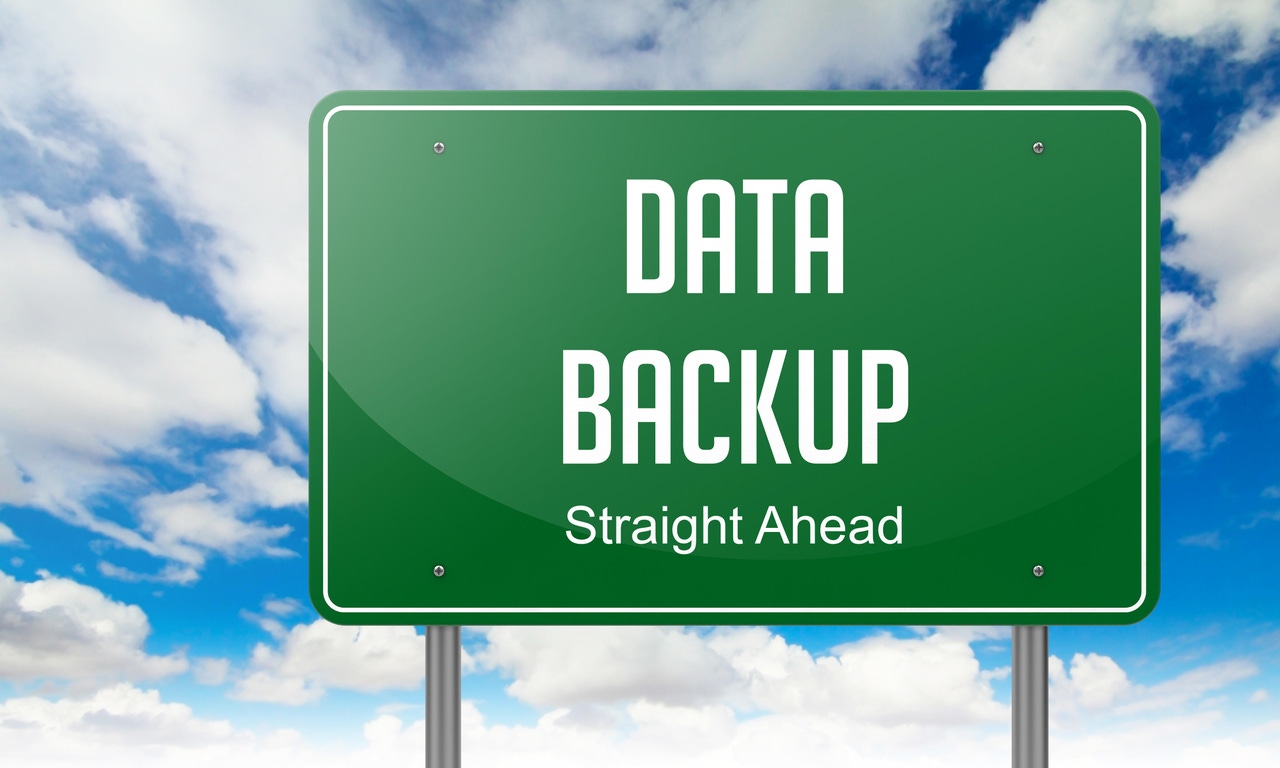Tape Backup Remains Relevant as New Benefits EmergeTape Backup Remains Relevant as New Benefits Emerge
Many issues that drove enterprises to tape backup decades ago persist today. And now, the sustainability and ransomware protection advantages of tape are driving renewed interest in the technology.

Let's be honest. For many companies, tape backup is an afterthought…a quaint technology whose usefulness has been usurped by low-cost hard disk drives (HDDs), easily accessible cloud storage, and the rapidly dropping prices for solid state drives (SSDs). However, even with these alternatives, tape storage remains a vibrant market.
The proof: in late May, the LTO Program Technology Provider Companies (TPCs), which includes Hewlett Packard Enterprise, IBM, and Quantum Corporation, released their annual tape media shipment report for total shipments in 2023. The report found that 152.9 Exabytes of total tape capacity shipped in the year. (Note: That capacity represents the amount of compressed data the tapes could hold). The amount represented a 3.14% increase year-over-year compared to 2022 shipments.
The annual tape capacity shipments reaffirm the continued importance of tape technology in enterprise storage strategies. “LTO tape will endure as a critical component of storage architectures across the enterprise, especially as tape technology itself continues to improve to handle even larger volumes of data and more intensive workloads,” said Tom Coughlin, Storage Analyst and President of Coughlin Associates, in a released statement.
Long-known benefits keep tape storage in the mix
Many benefits that led enterprises to use tape storage from the beginning remain strengths of the storage media today.
Tape has always been considered highly cost-effective, as it is significantly cheaper per data volume compared to HDDs and SSDs. And the technology has proven highly scalable over the years. Linear Tape-Open (LTO) technology has kept pace with growing data volumes as each generation of LTO tapes can store ever-more data per cartridge and per library than the generation before.
Another aspect that endears tape storage to enterprises is its capability for long-term data retention. Tapes will last up to 30 years if stored properly. In some industries, tape storage is the go-to technology to meet regulatory long-term archiving requirements.
Still other characteristics are suddenly getting new interest. For example, because tape backups are generally offline, they are protected from cyber-attacks. That makes tape backups especially helpful in recovering from a ransomware incident.
Being offline also protects data from accidental deletions. In today's cloud storage world, enterprises may assume their providers have everything covered with respect to data availability and backup. But the recent case of the Australian pension fund company UniSuper, which manages $135 billion worth of funds for 647,000 members, has many rethinking matters. Why? In May, the company's entire Google Cloud account was accidentally wiped out. And that accident also wiped out all of its backups stored on the service. The company had some backups maintained by a different provider. But it took about two weeks to recover its data.
Strong sustainability creds
Tape backup always offered (and still does offer) an energy efficiency advantage over HDD backup. Tapes do not require power when not in use. In contrast, disk-based storage systems need power to keep the disks spinning. As a result, tape systems have lower energy consumption and costs.
More recently, a secondary sustainability factor has been getting some attention by the industry and analyst community. For example, in 2022, the analyst firm the Enterprise Strategy Group (now part of TechTarget) looked at the sustainability benefits of using LTO technology. It found that throughout their end-to-end lifecycle, the environmental impact of tape systems was significantly better than alternative store medium. In particular, tape systems require less energy and fewer resources to be produced, used, and disposed of.
Tape-as-a-Service emerges
Massively growing data volumes (especially to support AI efforts), highly publicized ransomware attacks, and pressure from shareholders, boards, and others to become more sustainable are giving IT managers new (more) reasons to revisit tape backup storage.
Perhaps one indication of such (re)new interest in the technology is a recent announcement of what the parties involved tout as the first Tape-as-a-Service (TaaS) offering.
To that end, data management and storage company Spectra Logic and cloud archive solutions provider Geyser Data have tried to meld the benefits of tape storage with a cloud-based as-a-Service model. As with any as-a-Service, enterprises are billed by usage and all of the backend management chores are handled by the provider. That seems to resonate with the demands of the market.
“The concept of tape-as-a-service is undeniably compelling, and this new offering has the potential to bring the well-understood benefits of tape to many more organizations by making it easy to consume in a cloud services model,” said Simon Robinson, Principal Analyst, Infrastructure, Enterprise Strategy Group, in a statement released in conjunction with the introduction of the service.
The new offering, which will be called Tape Archive Platform As-a-Service (TAPAS), will charge users based on a per-tape basis. Expected pricing is $27 per month for each 18-terabyte LTO-9 tape cartridge used, or approximately $1.50/TB, according to the companies. Each customer’s data will be isolated and, as is the norm with many tape backup solutions, the data is air gapped.
TAPAS will compete with established tape backup services. For instance, companies like Iron Mountain and others have long provided backup expertise and on-premises tape backup hardware. Many of these offerings are of a managed service type of offering and some provide services to move tapes offsite for safe storage. Still others make offsite tape data and libraries available online for easy retrieval and recovery. Additionally, all of these offerings will compete with straight cloud storage and backup services.
A final word on tape storage
The old adage goes that the more things change, the more they stay the same. That certainly seems to be the case with tape storage. The many issues that drove enterprises to tape decades ago persist today. Enterprises currently are trying to efficiently manage growing data volumes. And they need offline backup in case of a disaster or data corruption or destruction especially due to ransomware attacks.
So, it is no surprise that tape storage and backup endure as critical elements of any IT data management and protection strategy.
Related articles:
About the Author
You May Also Like




